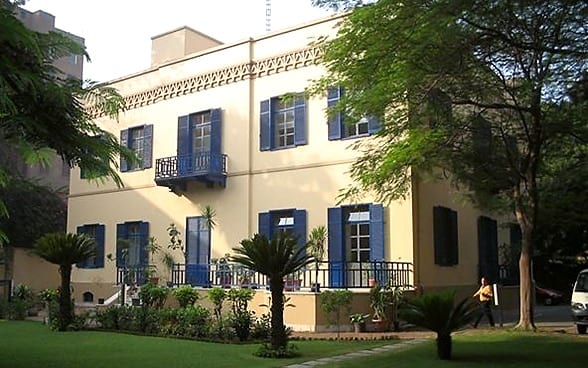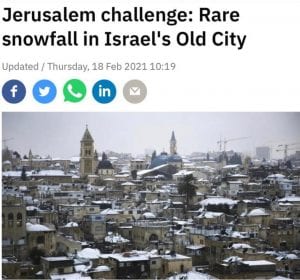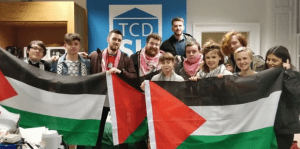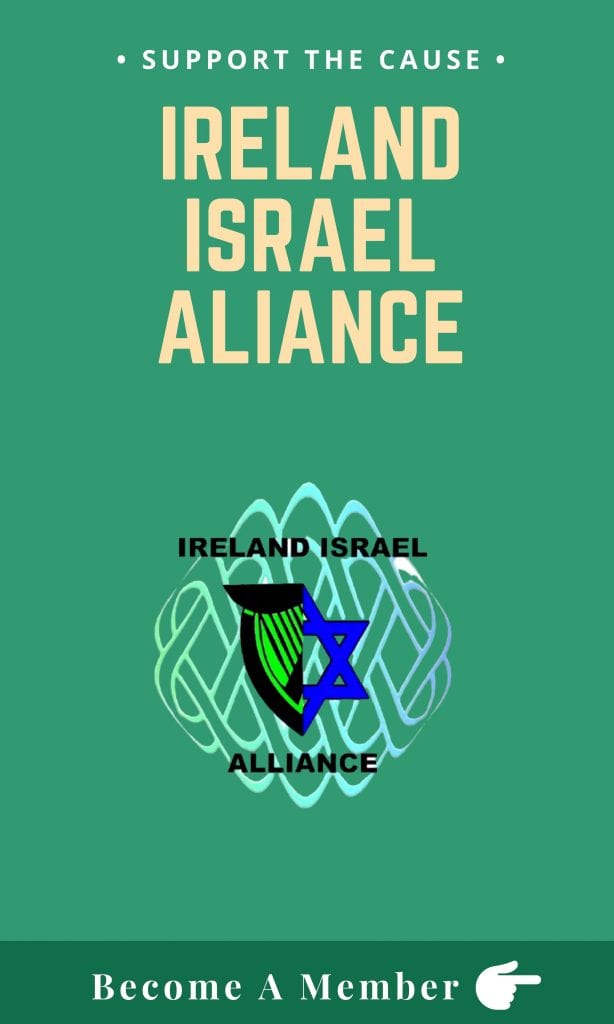Focusing on only Palestinian refugees is focusing on only one half of the story.
Today – March 10th 2021 – is the 70th anniversary of the confiscation by the Iraqi government of the assets of all Jewish citizens in the country. Up until then, Iraqi Jews had been allowed to take their assets out of the country. However, following the confiscation, they were only allowed to take one bag, the clothes they were wearing, and 5 Iraqi dinars (the equivalent of 5 pre-decimal pounds sterling).
The March 1951 confiscation was just one more act in a long series of persecutions inflicted on Iraq’s ancient Jewish community, including the Farhud massacre of June 1941, the dismissal of Jews from government positions, and a state-sanctioned boycott of Jewish artists and businesses. The effect was to reduce many Iraqi Jews to destitution, with no source of income apart from selling matches in the streets.
Persecution, disenfranchisement, denaturalisation, and the mob
Iraqi-born Aida Phelops – who lives in west Cork and describes herself as “an Irish Iraqi Jew” – is a speaker on the history of the persecution of the Jews of Iraq. In an interview with the Irish Catholic newspaper in 2019, she describes how the Iraqi regime kept increasing the pressure on the Jewish community until the vast majority fled to Israel in airlifts, during Operation Ezra and Nehemiah.
The result was the forced departure of nearly 900,000 Jewish refugees from communities that were founded 500-1000 years before a word of Arabic was spoken in their countries; 500-1000 years before anyone heard of Allah or the Prophet Muhammad. If anyone wants to speak of the indigenous communities of North Africa and the Middle East, they’d be hard put to find many more indigenous than the region’s Jews.
An unrecognised and ignored catastrophe
However, you’re very unlikely to read of this tragedy in the mainstream media. Nor will any university near you be likely to give due recognition to it anytime soon. In her book, “Uprooted”, the author Lyn Julius documents the largely unrecognised and ignored catastrophe inflicted on the region’s Jews. One startling fact she refers to is that the embassies of many countries in Arab capitals are in houses stolen from Jewish families that were expelled. In Cairo, for example, the embassies of Switzerland, Germany, Canada, and the Netherlands all occupy such buildings. Do the governments of those countries know? Do they care?


The 900,000 Jewish exiles outnumber the 6-700,000 Palestinians who became refugees in 1948. Moreover, the value of Jewish property seized by Arab governments is estimated to be at least 50 percent higher than the total value of assets lost by the Palestinian refugees. And yet, only the Palestinian refugee issue gets international attention.
No doubt, some of this is due to the fact that the Jewish refugees – having moved to Israel and other countries – got on with their lives while the Arab countries that accepted the Palestinians treated them and continue to treat them as second class citizens, imposing a range of discriminatory laws on them. However, that doesn’t in any way lessen the injustices inflicted on the Jewish exiles. Ignorance still abounds over the issue and this anniversary will pass almost completely unnoticed. There can be no fair resolution to the Israel-Palestine problem until the world understands that focusing on only Palestinian refugees is focusing on only one half of the story.
By Ciarán Ó Raghallaigh




